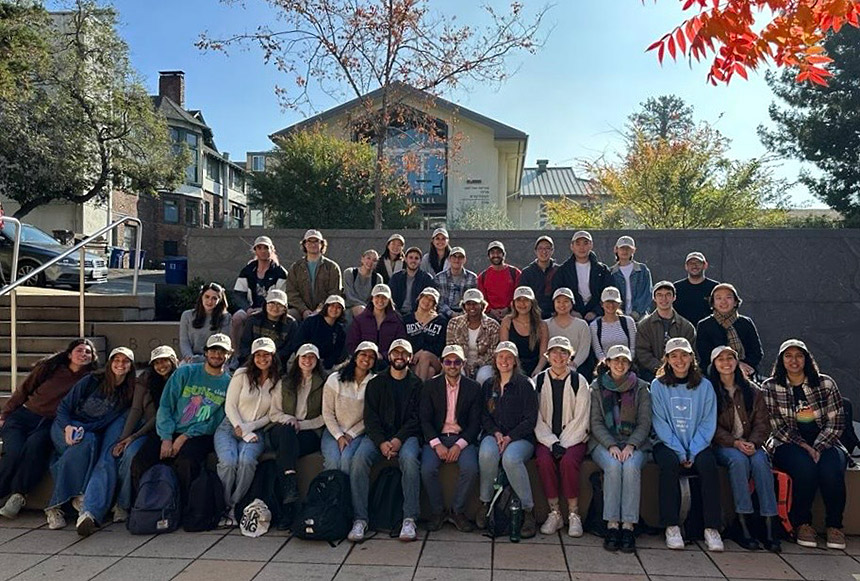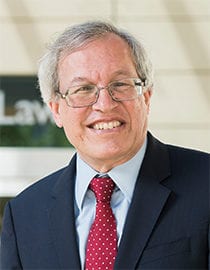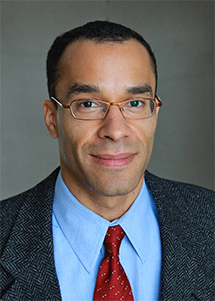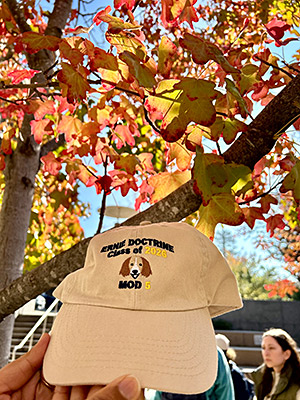
By Gwyneth K. Shaw
Beginning this fall, Berkeley Law’s 1L students will enjoy smaller sections of their required courses, thanks to a challenging move that’s been years in the making.
First-year students are traditionally split into modules, or “mods,” with their fall black-letter courses — Civil Procedure, Criminal Law, Contracts, and Torts — taught mostly in combinations of three of these groupings, each known as a “supermod.” Students also have one course taught as a “small mod,” to encourage connections between one another and a member of the faculty.

As the law school’s 1L cohorts have topped 300 in recent years, Dean Erwin Chemerinsky made it a priority to reduce class sizes by adding a fourth “supermod.” But the move proved to be a steep challenge, since it required major shuffling to keep 1L student and faculty schedules reasonable and ensure other courses had classroom space.
Moving forward, with a class of 330 students, the number of students in a supermod will drop from more than 110 to 82 or 83. Small mods and the required Legal Research and Writing and Written and Oral Advocacy class sizes will also shrink.
“Moving to four ‘supermods’ is one of the most important changes in the law school during my time as dean,” Chemerinsky says. “This has been a priority for me since I arrived in 2017, and I think these smaller classes will really matter in the education of our students and their 1L experience.”
A steep but worthwhile climb
The logistics were daunting, he adds, but the change happened because of “a great deal of hard work by many people,” particularly Associate Registrars Claire Blide and Daniel Haller, Dean of Students Annik Hirshen, Assistant Dean for Academic Planning and Coordination Susan Whitman, and Professor and Associate Dean for J.D. Curriculum and Teaching Jonathan D. Glater.

“Shifting to a schedule with four sections presented some challenges, because we have a finite number of classrooms to work with, we have a finite number of hours in the day, we have a finite number of days in the week, and we have to ensure that students’ schedules are comparable. We would not want any single section to get stuck with only the most undesirable class times, for example,” Glater says. “So the team in the Registrar’s Office has really done incredible work putting together the first-year fall schedule, all while ensuring that classrooms are still available for upper-level courses.”
The mods are a hallmark of the 1L experience at Berkeley Law, with students often referring to themselves by their mod number. For many, the mods are a critical social connector, and different groups plan outings and events that happen through the first year and beyond.

Even decades later, some alumni fondly recall the bonds between the students in their mod and faculty members who taught them.
In one recent example, students in Professor David Hausman’s fall Civil Procedure course were designated “Mod 5.” They designed a logo and put it on hats to commemorate their bond with one another and Hausman — and his dog, Ernie.
“The great thing about a small class is not just that I (and my dog Ernie) get to know the students, but also that they get to know each other,” Hausman says. “When you know your classmates, you’re less worried about speaking up in class and more able to think about what everyone’s really interested in: the Federal Rules of Civil Procedure.”
That’s just the kind of experience that drove Chemerinsky to push for a fourth supermod, even amid the difficulties in making it happen.
“The reward will come in the form of sections of first-year classes that are smaller than they have been,” Glater says. “I expect that to be a meaningful difference.”